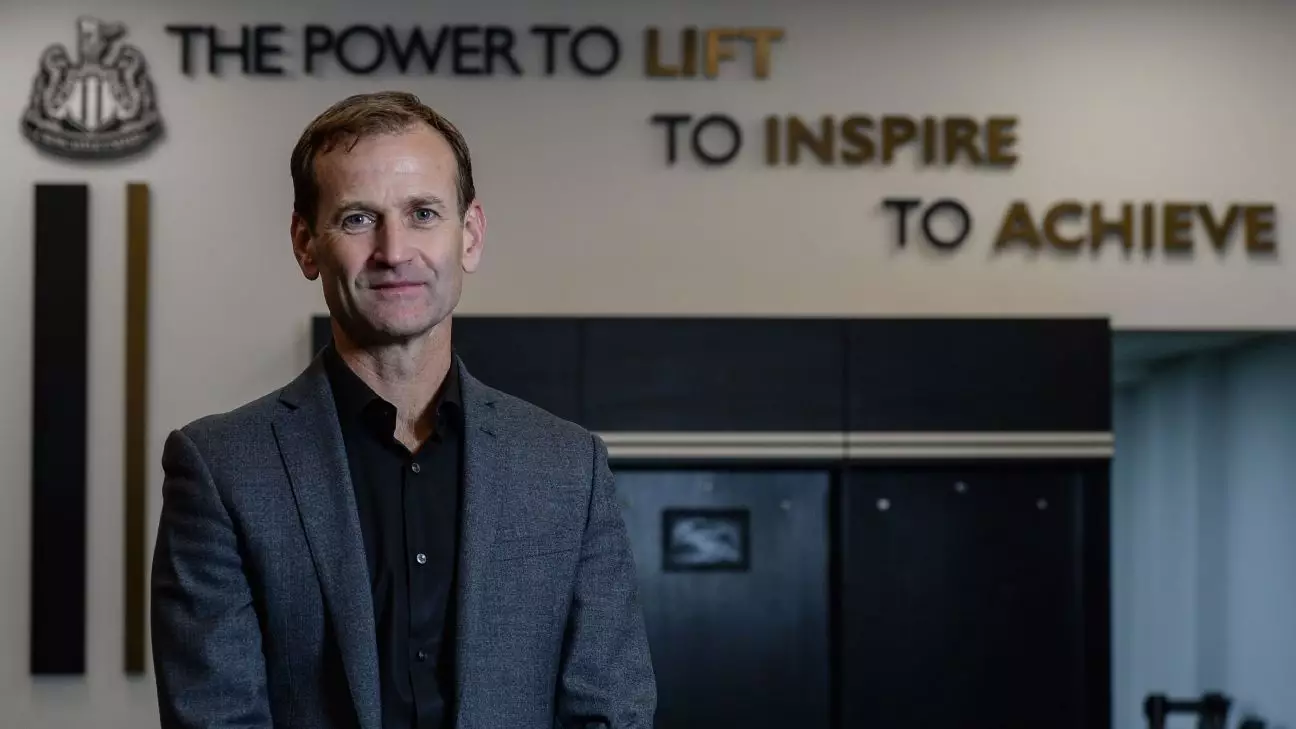In the past decade, English football clubs have begun to adopt the concept of having a director of football or its equivalent. This position was not common until recently, despite its prevalence in other professional sports leagues around the world. The role, known by various titles such as head of recruitment, sporting director, or technical director, is essentially the football equivalent of a general manager in U.S. sports. The question arises as to why English clubs were hesitant to embrace this position in the past. Perhaps it was a matter of tradition, resistance from managers who were reluctant to relinquish power, or the influence of successful figures like Sir Alex Ferguson, who managed Manchester United without a director of football. However, the landscape has changed, and today, having a director of football is considered essential for a club’s success.
Hiring a director of football is a challenging task, as it involves subjective evaluation and decision-making. Unlike player recruitment or coaching appointments, which can be assessed using objective data points such as performance metrics and results, evaluating a director of football’s performance is more abstract. The role of a director of football involves overseeing the football operations of the club, making personnel decisions, managing player transfers, contract negotiations, and long-term planning. Balancing the short-term goals of coaches with the club’s long-term interests requires a unique skill set and strategic vision. The role of a director of football extends beyond player recruitment to include building consensus among various stakeholders, negotiating deals, and navigating complex relationships within the football industry.
A director of football must possess a combination of “hard skills” related to player evaluation, financial management, and resource allocation, as well as “soft skills” such as communication, leadership, and interpersonal relationships. Successful directors of football are adept at managing competing interests, building alliances, and making tough decisions. The role requires a delicate balance of assertiveness and diplomacy, as directors must navigate the complexities of club politics, player interests, and boardroom dynamics. Moreover, the ability to anticipate and adapt to changes in the football landscape is crucial for the long-term success of the club.
Assessing the performance of a director of football is a complex task, as their contributions are often intertwined with those of coaches, scouts, and other key personnel. The success of a director of football is subjective and difficult to measure, as it is influenced by various factors such as club resources, ownership priorities, and external market conditions. Clubs like Brighton have demonstrated the importance of effective recruitment strategies, even after the departure of key executives. This raises questions about the longevity of a director of football’s impact and the sustainability of their contributions to the club’s success.
Hiring the right director of football is a critical decision for clubs, as it can shape the direction of the club’s football operations for years to come. The role requires a unique blend of strategic vision, negotiation skills, and relationship management, making it a challenging position to fill. The intricate nature of the role, coupled with the subjective nature of performance evaluation, adds to the complexity of hiring a director of football. Clubs must carefully assess the candidate’s qualifications, track record, and ability to align with the club’s long-term objectives before making a decision.
Overall, the role of a director of football is indispensable in today’s football landscape, and clubs must recognize the value of investing in the right individual for the position. The success of a director of football is contingent on their ability to navigate the complexities of club management, build relationships, and make strategic decisions that align with the club’s goals. By understanding the intricacies of hiring a director of football, clubs can position themselves for sustained success in an increasingly competitive and dynamic industry.

Leave a Reply